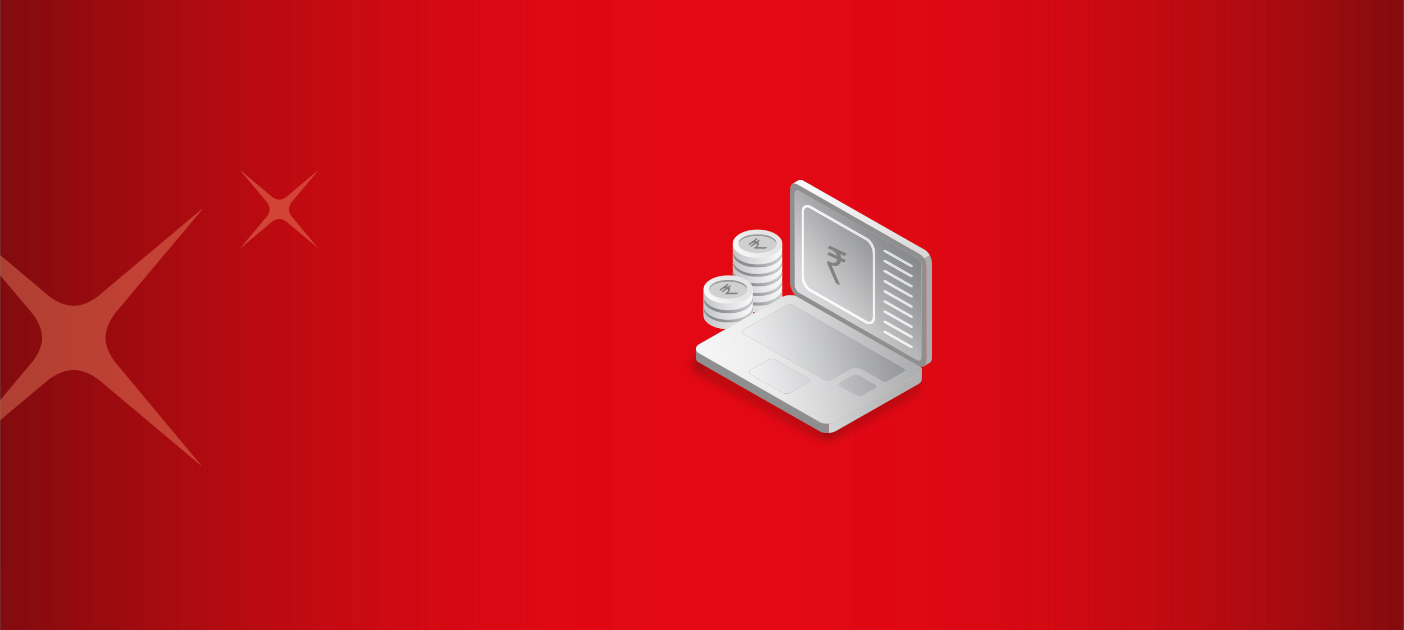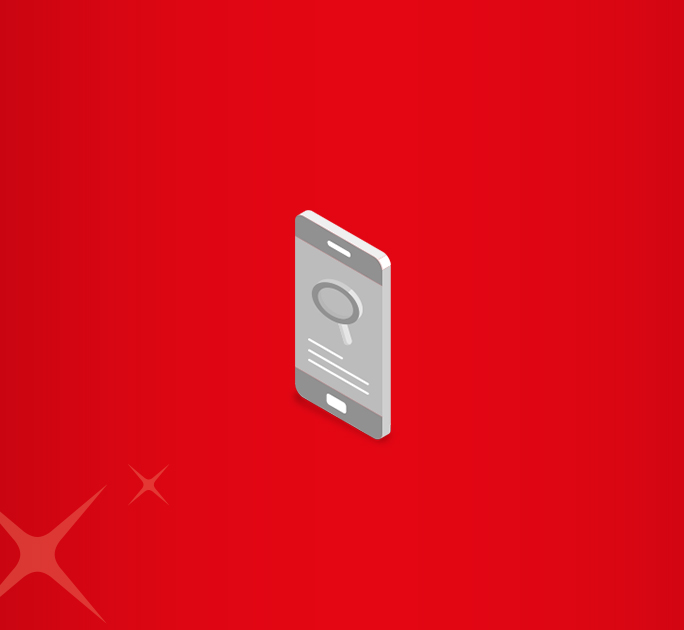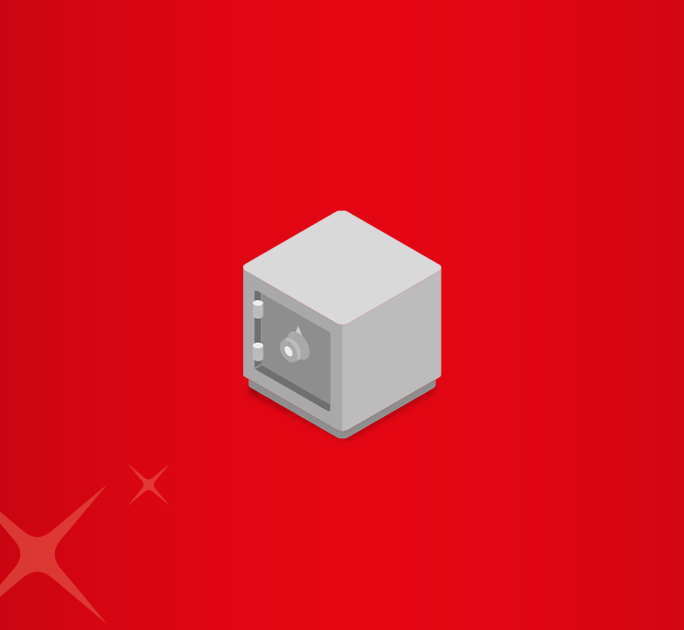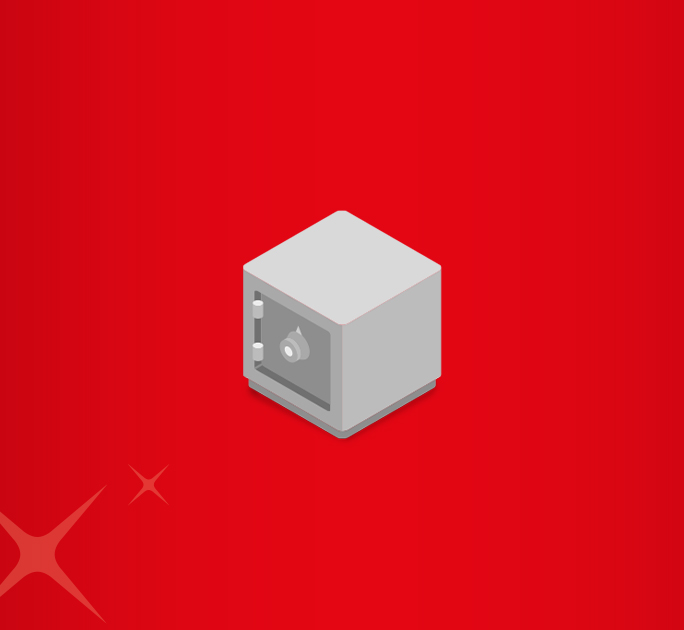- Save
- Invest
- Borrow
- Pay
- More
- Customer Services

Types of Internet Banking
Understanding the different types of internet banking
Key Takeaways
- Internet banking gives you access to various types of banking services online.
- Most banks provide three different types of internet banking services.
- Informational Internet Banking includes information on various products and services offered by banks.
- Communicative Internet Banking allows you to perform simple transactions like applying for loans, checking balances, etc.
- Transactional Internet Banking enables you to transfer funds and make payments.
Internet Banking also referred to as i-banking or net banking, is a provision that banks offer so that you can enjoy various banking services via the internet. This method of banking reduces your dependence on bank branches. You can access domestic and international fund transfer facilities, make utility bill payments, create fixed deposits, and do so much more via internet banking. The Reserve Bank of India (RBI) has classified internet banking services into three types. Let us access the different types of net banking services available in India.
Types of Internet Banking
The different types of internet banking services are based on various levels of facilities offered by banks. Following are the 3 main types of internet banking levels.
-
Transactional Internet Banking
Transactional Internet Banking is the type of internet banking service that deals with all the money-based or payment transaction services. You typically need an active internet banking account and password to conduct money-based transactions like fund transfers, credit card bill payments, utility bill payments, creating term deposits, and investing in market securities. Transactional internet banking has streamlined fund transfers in India by introducing facilities like NEFT, RTGS and IMPS. These fund transfer channels enable instant fund transfers with varying minimum and maximum transaction limits. Let us understand them briefly.
- National Electronic Fund Transfer (NEFT): NEFT is a widely used centralised payment system backed by the Reserve Bank of India (RBI). You can use your internet banking platforms to send money to different bank accounts via NEFT. There is no minimum or maximum transfer amount, and funds settlement takes place in batches of half-hourly intervals. The NEFT facility is available round-the-clock.
- Real-Time Gross Settlement (RTGS): You can use RTGS when you wish to initiate high-value transfers. The minimum transfer limit for RTGS is INR 2 Lakh. The bank transfers the funds to the beneficiary account in real-time. You can avail of the RTGS facility through your internet banking platforms. The RBI has waived the inward transaction charges while capping all other transaction fees.
- Immediate Payment Service (IMPS): IMPS is a real-time fund transfer facility owned by the National Payments Corporation of India. Banks credit the beneficiary account instantly, but charge a nominal fee for IMPS instant transactions. There is no lower limit for the funds you can transfer through IMPS. However, the upper limit is capped at INR 5 Lakhs. IMPS, too, is available 24x7, and you can initiate fund transfers via mobile or internet banking.
-
Informational Internet Banking
Informational internet banking is also known as basic-level net banking. Basic level refers to a bank’s website, which provides information on various products and services it offers. You, as a customer, get limited access to general information available on the website and can send queries for detailed information via email. Typically, informational internet banking encompasses the basic banking provisions like the various types of accounts, loan offerings, priority banking facilities, real estate projects affiliated with the bank, nearest bank branch and ATM locations, etc.
-
Communicative Internet Banking
In this type of internet banking service, banks allow you to perform simple, communicative functions such as applying for various services like loans and raising queries regarding your account balances. Communication between the bank and the customer takes place via virtual chatbots. These chatbots are equipped to provide you with general information and redirect you to the customer care department if needed. You can make general inquiries about minimum balance requirements, fund transfers, types of bank accounts and cards provided, etc.
Final Note
Now that you know about the various internet banking types, you can use your preferred facilities based on your needs. At the heart of internet banking lies the idea that you can conduct all kinds of transactions and get access to whatever information you need without ever stepping foot in the bank. Internet banking has indeed made the banking process convenient. So, ensure you sign up for the service when you open your bank account.
Are you looking for a smart mobile banking app? Download DBS Bank app and explore a world of banking facilities in a few swipes.
*Disclaimer: This article is for information purposes only. We recommend you get in touch with your income tax advisor or CA for expert advice.











